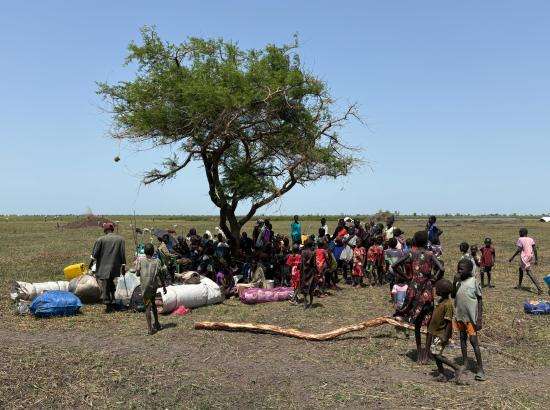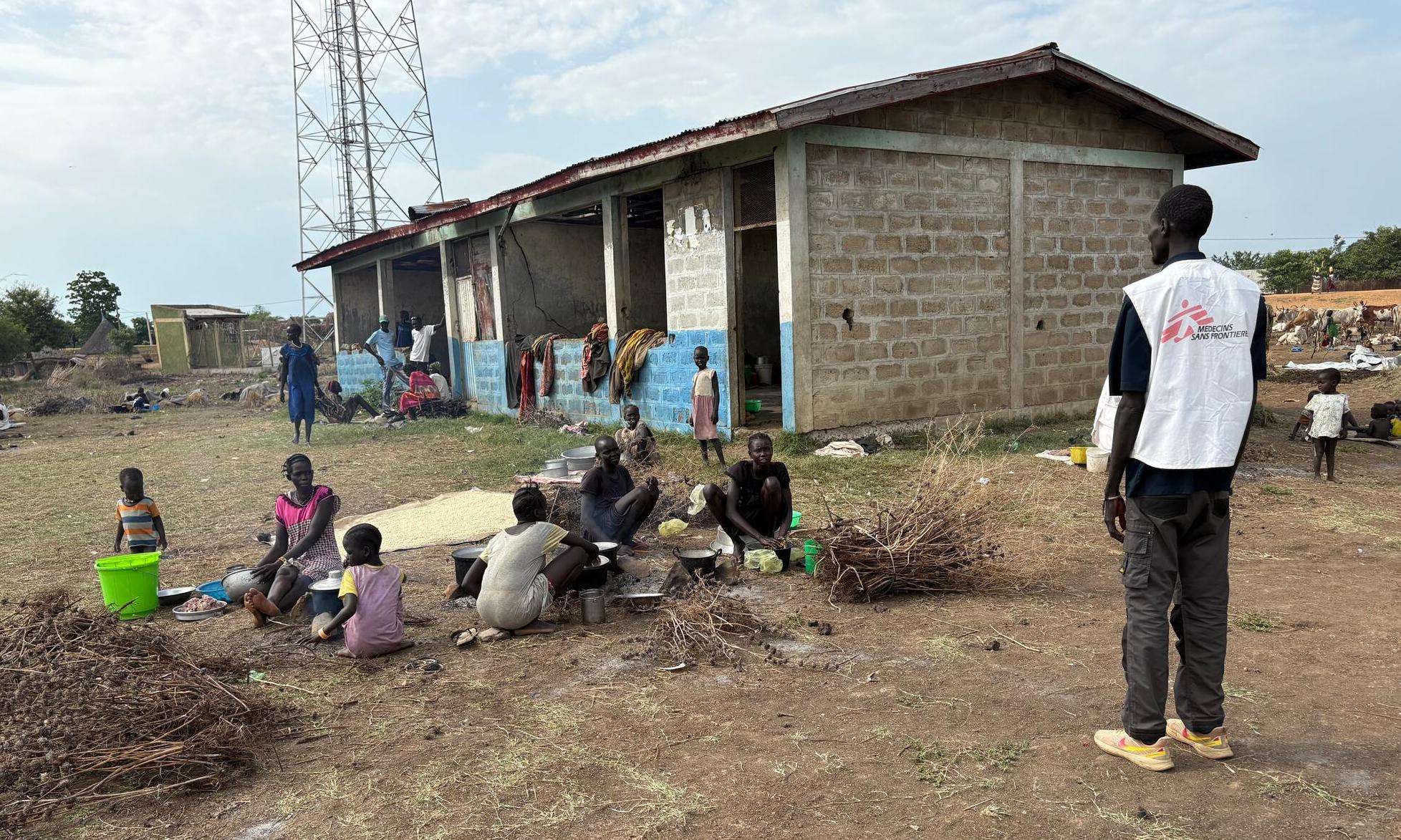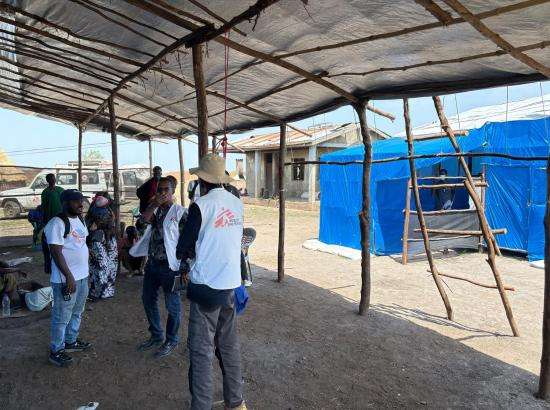 As intense fighting resurfaces in parts of South Sudan, Médecins Sans Frontières (MSF) has launched an emergency response in the Gambella region of Ethiopia to assist thousands of South Sudanese refugees fleeing violence, disease, and food insecurity. The cross-border conflict has triggered a large-scale displacement crisis, with refugees pouring into Ethiopia under harrowing conditions.
As intense fighting resurfaces in parts of South Sudan, Médecins Sans Frontières (MSF) has launched an emergency response in the Gambella region of Ethiopia to assist thousands of South Sudanese refugees fleeing violence, disease, and food insecurity. The cross-border conflict has triggered a large-scale displacement crisis, with refugees pouring into Ethiopia under harrowing conditions.
According to MSF, fighting between government forces and opposition groups in South Sudan’s Upper Nile and Jonglei states has led to a humanitarian disaster. Bombings, ground attacks, and armed clashes have forced as many as 85,000 people to flee into Ethiopia, with many crossing through the border town of Burbeiye before settling in Mattar—a small and resource-strained town further inland.
Due to escalating security concerns, including reported gunfire near medical tents, MSF relocated its mobile clinic and aid workers from Burbeiye to Mattar. In this new location, the organization is working under challenging conditions to deliver critical healthcare services to an overwhelmed refugee population, most of whom arrived with no food, shelter, or access to clean water.
 MSF’s preliminary assessments are alarming. Over 40% of malaria tests among refugees are returning positive. Children under five are especially vulnerable, with 6.8% suffering from severe acute malnutrition and many more at risk due to inadequate food supplies and poor sanitation. Pregnant and lactating women are similarly affected, with 14.4% identified as acutely malnourished, raising urgent concerns over maternal and infant mortality.
MSF’s preliminary assessments are alarming. Over 40% of malaria tests among refugees are returning positive. Children under five are especially vulnerable, with 6.8% suffering from severe acute malnutrition and many more at risk due to inadequate food supplies and poor sanitation. Pregnant and lactating women are similarly affected, with 14.4% identified as acutely malnourished, raising urgent concerns over maternal and infant mortality.
The refugee community is also facing outbreaks of cholera, worsened by the lack of proper sanitation infrastructure. MSF has treated more than 1,200 cholera patients so far and warns that without rapid intervention, the crisis could spiral out of control.
“These refugees are exhausted, traumatized, and sick. They fled war and arrived in a place where even basic necessities like water, food, and medicine are in short supply,” said Caroline Gaudron, MSF’s medical coordinator in Mattar. “This is an emergency on all fronts—health, nutrition, water, and protection.”
Humanitarian Access and Appeal
MSF is urging the Ethiopian government and international donors to step in immediately. While Mattar has become a hub for displaced families, there is no functioning hospital, limited clean water, and insufficient shelter. The need for additional support from NGOs, UN agencies, and national institutions is urgent.
“We need more supplies, more hands, and fast action,” Gaudron said. “There’s only so much one team can do with limited resources. Without more international support, we’re heading toward a full-blown catastrophe.”
MSF has also called on all parties involved in the South Sudanese conflict to respect international humanitarian law and ensure the safety of civilians and aid workers. The organization emphasized the importance of unhindered humanitarian access to both sides of the border so that emergency health services can reach the most vulnerable.
 The renewed violence in South Sudan threatens to unravel fragile peace efforts following the 2018 Revitalized Peace Agreement. Just days earlier, UN High Commissioner for Human Rights Volker Türk warned that the spike in hostilities was worsening an already dire situation. Türk reported dozens of civilian deaths, injuries, and attacks on medical facilities, calling for immediate de-escalation and dialogue.
The renewed violence in South Sudan threatens to unravel fragile peace efforts following the 2018 Revitalized Peace Agreement. Just days earlier, UN High Commissioner for Human Rights Volker Türk warned that the spike in hostilities was worsening an already dire situation. Türk reported dozens of civilian deaths, injuries, and attacks on medical facilities, calling for immediate de-escalation and dialogue.
The situation is drawing widespread concern from the global humanitarian community. UN agencies are monitoring the crisis, but funding shortfalls and access limitations are constraining their ability to respond fully.
As South Sudanese civilians continue to flee violence, the burden now shifts to Ethiopia and the international community to prevent further suffering. Mattar, a previously quiet border town, has now become the frontline of a growing humanitarian emergency. Without immediate and coordinated action, thousands of lives remain at risk in one of East Africa’s most volatile border zones.

